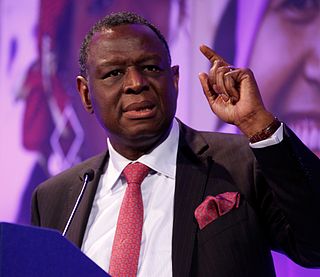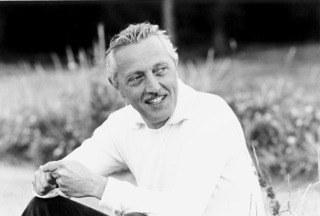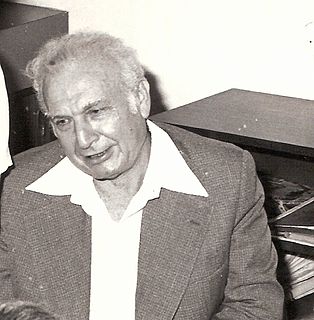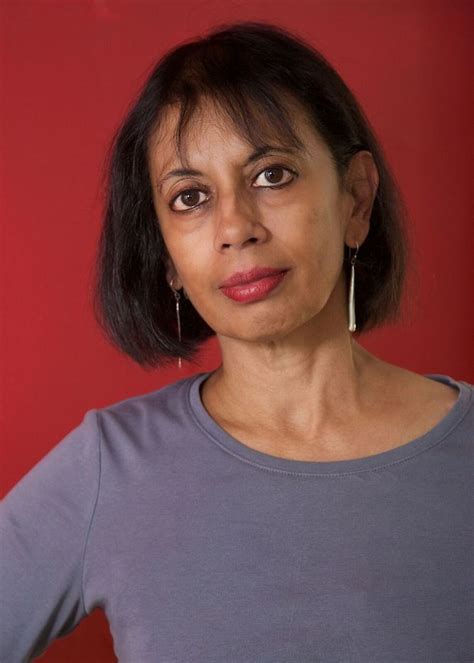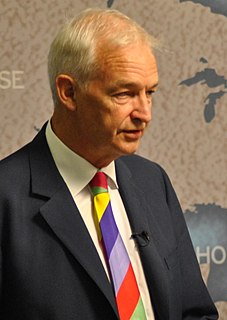A Quote by Judith Butler
Whether or not we continue to enforce a universal conception of human rights at moments of outrage and incomprehension, precisely when we think that others have taken themselves out of the human community as we know it, is a test of our very humanity.
Related Quotes
Sexual and reproductive health and rights are universal human rights!They are an indivisible part of the broader human rights and development equation. Their particular power resides in the fact that they deal with the most intimate aspects of our identities as individuals and enable human dignity, which is dependent on control of our bodies, desires and aspirations.
Connecticut is proud of the human rights legacy of Thomas Dodd, and the work of the University of Connecticut to build on that legacy through the Dodd Human Rights Impact initiative. We are also proud of our Commission on Human and Civil Rights as a tireless defender of the equal rights for all of our community members.
We must understand the role of human rights as empowering of individuals and communities. By protecting these rights, we can help prevent the many conflicts based on poverty, discrimination and exclusion (social, economic and political) that continue to plague humanity and destroy decades of development efforts. The vicious circle of human rights violations that lead to conflicts-which in turn lead to more violations-must be broken. I believe we can break it only by ensuring respect for all human rights.
To be 'for animals' is not to be 'against humanity.' To require others to treat animals justly, as their rights require, is not to ask for anything more nor less in their case than in the case of any human to whom just treatment is due. The animal rights movement is a part of, not opposed to, the human rights movement. Attempts to dismiss it as anti human are mere rhetoric.
US law and international human rights law have radically diverged in the past years in terms of the recognition of indigenous people's rights. International human rights law now looks at not whether or not the tribes have formal ownership or legal title in a Western legal conception might have it, but rather they look at the tribe's historical connection to that land.
This, then, is the truth of the discourse of universal human rights: the Wall separating those covered by the umbrella of Human Rights and those excluded from its protective cover. Any reference to universal human rights as an 'unfinished project' to be gradually extended to all people is here a vain ideological chimera - and, faced with this prospect, do we, in the West, have any right to condemn the excluded when they use any means, inclusive of terror, to fight their exclusion?
I have come to understand that if we hope to build a better world, we must be guided by the universal human values that emphasize the kinship of the human race - the sanctity of human life and freedom, peace between nations, honesty and truthfulness, regard for the rights of others, and love of one's fellows.
Slavery was, in a very real sense, the first
international human rights issue to come to the fore. It led to the
adoption of the first human rights laws and to the creation of the
first human rights non-governmenta l organization. And yet despite
the efforts of the international community to combat this abhorrent
practice, it is still widely prevalent in all
its insidious forms, old and new.
I don't know whether we think in moving images or whether we think in still images. I have a suspicion that on our hard drive, our series within our brains, [exist] still photographs of very important moments in our lives. ... That we think in terms of still images and that what the photography is doing is making direct contact with the human hard drive and recording for all time a sense of what happened.


